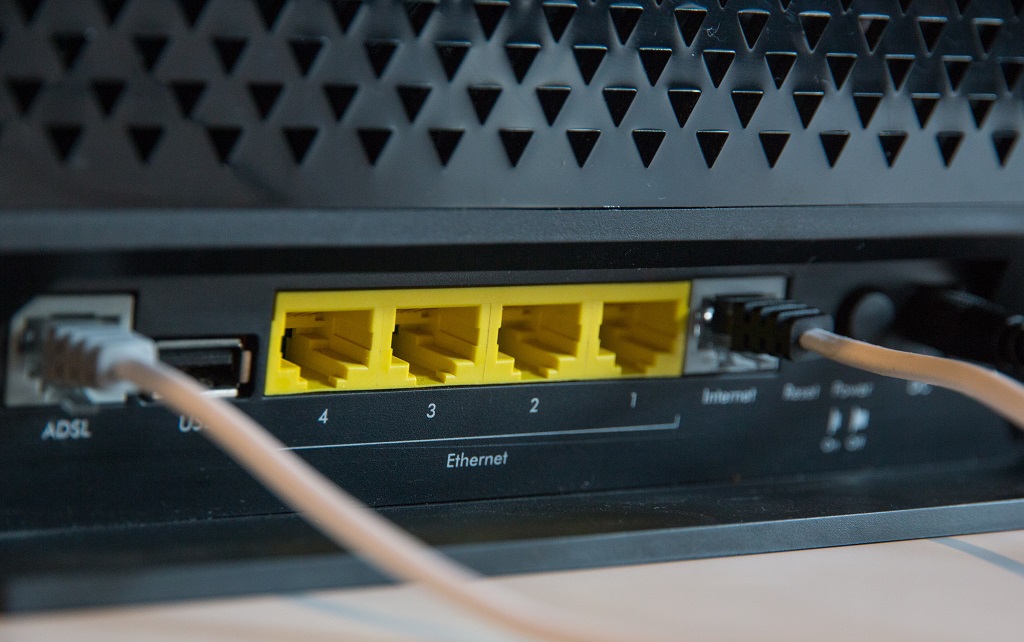
/ CC BY / John Schnobrich
More frequencies are better for users
The reason for the opening of the 6GHz band for home wireless networks was the FCC's desire to free up the congested 2.4 and 5GHz frequencies. The new spectrum offers seven additional channels, reduces interference, and boosts Wi-Fi speeds to nearly 10 Gbps.
The FCC's decision was supported by the Wi-Fi Alliance. The organization even developed a new protocol - Wi-Fi 6E . Apple and Facebook have said it will allow them to launch high-quality virtual reality projects and streaming platforms. This week Google has already requested permission to test Wi-Fi at 6 GHz - the corporation plans to improve the quality of broadband connections for its IoT devices.
But there are also organizations that called the FCC's decision extremely unfortunate and even illegal.
Who thinks this is a bad idea
Concerns were expressed by experts from the US National Spectrum Management Organization. In their opinion, home networks operating at 6 GHz will interfere with systems that already use it. In several major American cities, it is reserved for police and fire services. There is a possibility that with the spread of the new standard in home networks, intelligence agencies will be forced to modify their IT infrastructure.
What we write about on Habré:
- Plans for the global modernization of the network infrastructure in the USA - let's figure out what's what
- Internet Service Provider Operations: A Compilation on Networking and the Protracted IPv6 Migration
- Will providers continue to trade metadata: the US experience
The Utilities Technology Council (UTC), which is developing communications technology, has filed a lawsuit against the Communications Commission. The UTC chief states that the FCC had no right to make the 6 GHz spectrum available to the general public without proper interference prevention techniques. Thus, there is a risk of creating communication problems in areas where human lives are at stake.

/ CC BY / Stephen Phillips
Another organization that sued the FCC wasNational Association of Broadcasters of the United States (NAB). Its representatives call the commission's decision "illegal", as it does not take into account the interests of television and telecommunications companies. Downloading this channel may degrade the quality of the services provided by TV operators.
The US military and the owners of weather stations also expressed their concerns about 6 GHz networks.
Commission reaction
FCC head Ajit Pai says there is nothing to worry about - the commission's technical department has conducted tests and the new standard does not interfere with other systems and communication channels. At the same time, IT companies manufacturing wireless equipment will have to implement mechanisms to prevent interference. But in what direction the situation will continue to develop will become clear after the first court hearings.
About the work of Internet providers in our corporate blog:
- How to provide free Wi-Fi according to the law
- Internet in the village - building a radio relay Wi-Fi network
- How to manage HotSpot using the GUI